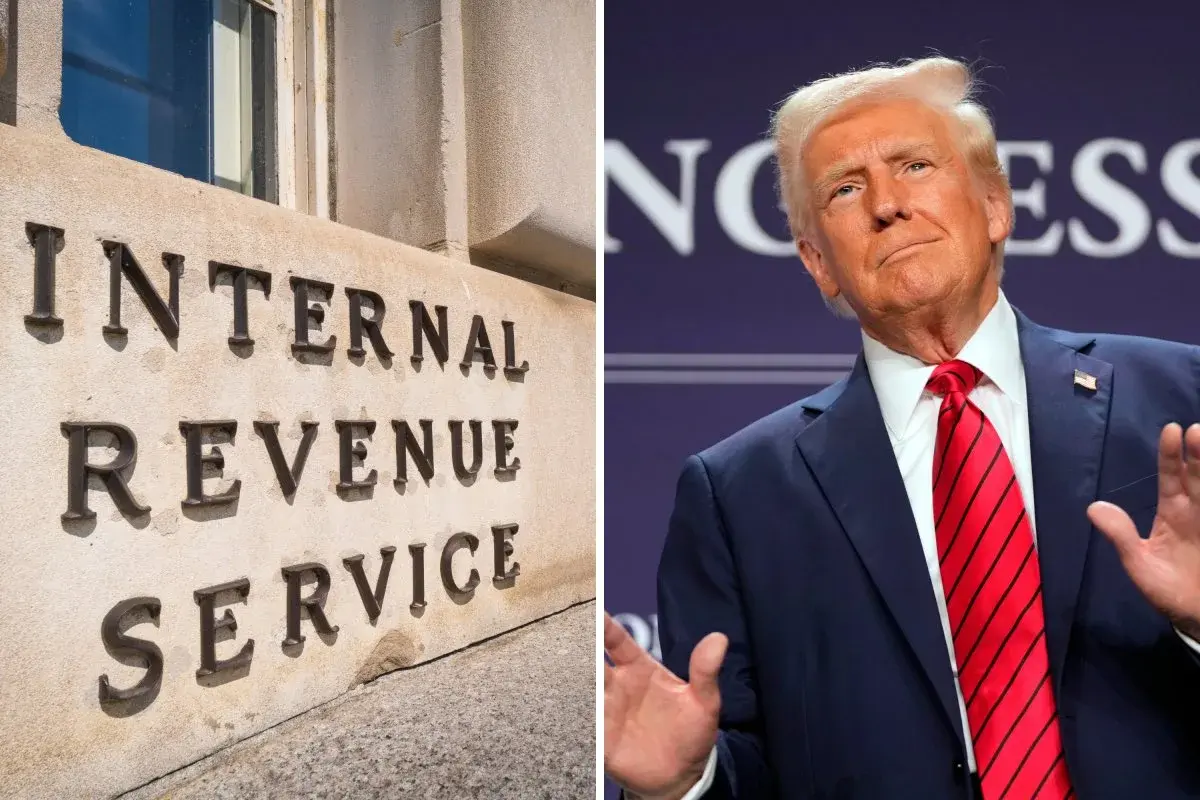A federal judge has ruled in favor of President Donald Trump’s administration, granting permission to use Internal Revenue Service (IRS) data to identify and deport undocumented immigrants. The decision, delivered by Judge Dabney Friedrich, a Trump appointee, marks a significant victory for the administration’s immigration enforcement agenda. It has sparked intense debate over privacy, government overreach, and the balance between national security and individual rights, with reactions ranging from enthusiastic support to sharp condemnation.

The ruling stems from a push by the Department of Homeland Security (DHS) to access taxpayer information to locate undocumented immigrants facing deportation. Posts on X indicate that the IRS and DHS have been working toward an agreement to facilitate this data-sharing, with ICE gaining access to records that could pinpoint individuals’ locations. Proponents argue this move strengthens border security and ensures compliance with immigration laws. Trump has hailed the decision as a “game-changer,” emphasizing its potential to streamline deportation efforts. Supporters on X have echoed this sentiment, with some calling it a “genius” strategy to bolster enforcement.
Critics, however, warn of dire implications. IRS officials have expressed concern, with one describing the move as a “betrayal” of decades-long assurances encouraging immigrants to file taxes. Privacy advocates argue that using tax data for immigration enforcement could deter undocumented immigrants from participating in the tax system, undermining economic contributions. Legal experts question whether the policy aligns with federal laws protecting taxpayer confidentiality, potentially setting the stage for future court challenges. The decision has also raised fears of heightened surveillance and profiling, particularly within immigrant communities already wary of government overreach.
The ruling comes amid broader efforts by the Trump administration to crack down on illegal immigration. Recent posts on X highlight a historic deal between the IRS and DHS, suggesting that privacy safeguards remain in place, though details are scarce. Public sentiment on the platform is divided, with some users praising the policy as a necessary step to protect national interests, while others decry it as an invasion of privacy and a step toward authoritarianism. The involvement of a Trump-appointed judge has further fueled accusations of politicized judicial decisions.
 As the policy moves forward, its implementation will likely face scrutiny. Critics argue it could disrupt community trust and economic stability, while supporters see it as a bold enforcement tool. The debate underscores deeper tensions over immigration policy in the U.S., with the ruling amplifying calls for comprehensive reform. For now, the decision empowers the administration to pursue its agenda, but its long-term impact on privacy, immigration, and public trust remains uncertain. The controversy is far from resolved, with legal and political battles looming on the horizon.
As the policy moves forward, its implementation will likely face scrutiny. Critics argue it could disrupt community trust and economic stability, while supporters see it as a bold enforcement tool. The debate underscores deeper tensions over immigration policy in the U.S., with the ruling amplifying calls for comprehensive reform. For now, the decision empowers the administration to pursue its agenda, but its long-term impact on privacy, immigration, and public trust remains uncertain. The controversy is far from resolved, with legal and political battles looming on the horizon.






